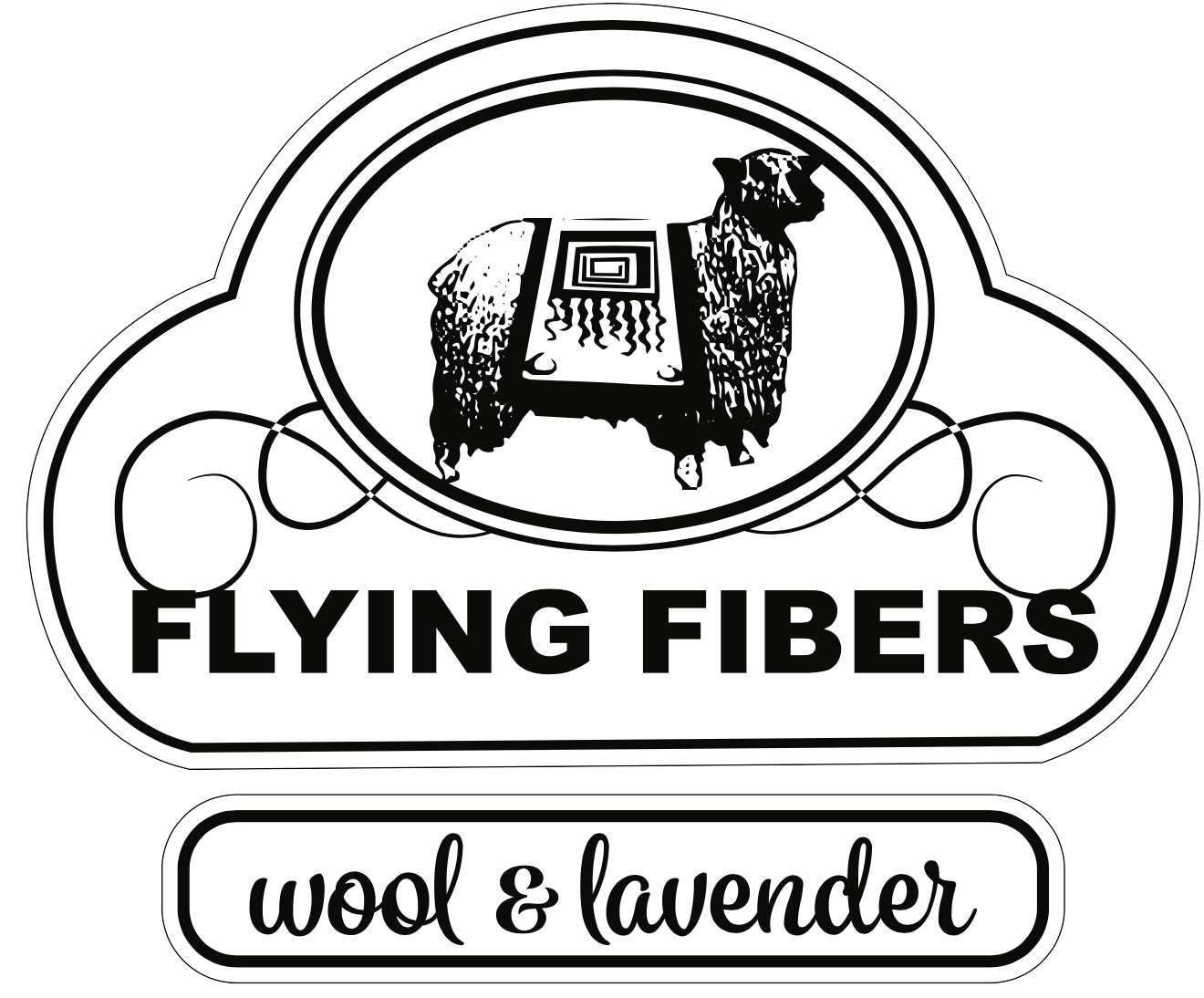Why Rare Breed Sheep Matter
In the vast world of agriculture, one might overlook the significance of rare breed sheep. These unique and often lesser-known breeds play a crucial role in preserving biodiversity, promoting sustainable farming practices, and contributing to the resilience of our agricultural systems. In this blog post, we will delve into the reasons why rare breed sheep matter and why their conservation should be a priority for farmers and consumers alike.
The agricultural landscape has seen a shift towards standardized breeds that are highly productive and well-suited for mass production. However, this focus on a few select breeds has led to the decline of many traditional and rare sheep breeds. These rare breeds often possess genetic traits that make them well-adapted to specific environments, climates, or local conditions. Preserving these breeds is crucial for maintaining genetic diversity within the sheep population, which can be invaluable in the face of changing environmental conditions, diseases, and other challenges.
Rare breed sheep are often deeply rooted in the cultural heritage and traditions of various communities. These breeds may have been developed over centuries to meet the specific needs of local farmers and reflect the unique agricultural practices, landscapes, and climates of their regions. By preserving these breeds, we not only protect a valuable genetic resource but also honor the cultural heritage and traditions associated with them.
Rare breed sheep are well-adapted to diverse and often challenging environments. Their ability to thrive in specific climates or landscapes can contribute to more sustainable and environmentally friendly farming practices. For example, some rare breeds are better suited to graze on marginal lands that may not be suitable for other livestock. By utilizing these breeds, farmers can engage in sustainable land management, improve soil health, and reduce the need for external inputs such as feed supplements.
The homogeneity of modern livestock breeds makes the entire population susceptible to diseases or environmental changes. Rare breed sheep, with their unique genetic makeup, can offer a level of resilience against such challenges. Their adaptability to different conditions may provide a buffer against the impacts of climate change, emerging diseases, or other unforeseen events that could threaten more specialized breeds.
Consumers are increasingly seeking unique and high-quality products, and rare breed sheep can play a pivotal role in meeting this demand. The wool, meat, and dairy products from rare breeds often possess distinct qualities and flavors that appeal to consumers interested in supporting sustainable and ethically produced goods. By promoting and investing in rare breed sheep, farmers can tap into niche markets and create value-added products that contribute to the economic viability of their operations.
The conservation and promotion of rare breed sheep are essential for the well-being of our agricultural systems, the preservation of biodiversity, and the continuation of cultural traditions. Farmers, policymakers, and consumers all have roles to play in ensuring the survival and prosperity of these remarkable animals. By recognizing the importance of rare breed sheep, we can work together to build a more resilient, sustainable, and culturally rich agricultural future.
